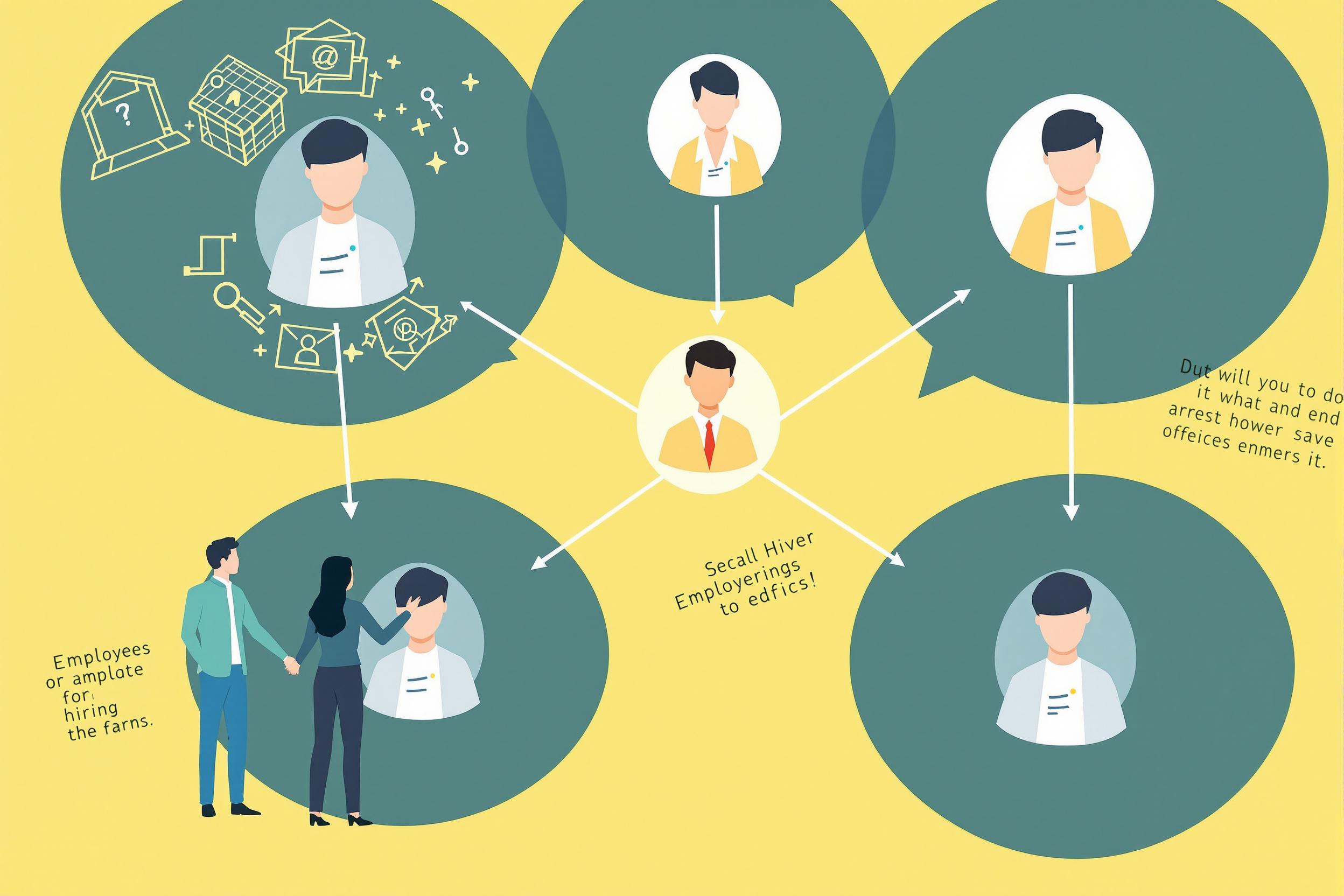
In-Kind Donations
In-kind donations are non-cash contributions that organizations receive, such as goods, services, or facilities instead of money. For example, when a business donates office furniture, provides free printing services, or lets a nonprofit use their space for an event - these are all in-kind donations. Nonprofit professionals who work with these donations need to understand how to value, track, and properly acknowledge them for tax and reporting purposes. Similar terms include "non-cash contributions," "donated goods and services," or "gift-in-kind."
Examples in Resumes
Managed over $500,000 worth of In-Kind Donations from corporate partners annually
Developed tracking system for In-Kind Donations and Gift-in-Kind contributions
Created processes to evaluate and report Non-Cash Contributions and In-Kind Support
Typical job title: "In-Kind Donation Coordinators"
Also try searching for:
Where to Find In-Kind Donation Coordinators
Professional Associations
Online Resources
Job Boards
Example Interview Questions
Senior Level Questions
Q: How would you develop a strategic plan for in-kind donations that aligns with our organization's needs?
Expected Answer: Strong answers should include creating relationships with corporate donors, assessing organizational needs, developing valuation procedures, and implementing tracking systems. They should also mention staff training and IRS compliance.
Q: Tell me about a time when you had to decline an in-kind donation. How did you handle it?
Expected Answer: Look for candidates who can explain evaluating donation value versus associated costs (storage, processing, etc.), and maintaining donor relationships while declining unsuitable donations diplomatically.
Mid Level Questions
Q: How do you determine the fair market value of in-kind donations?
Expected Answer: Candidate should mention researching comparable items, working with experts when needed, using donor-provided documentation, and following IRS guidelines for valuation.
Q: What systems have you used to track and report in-kind donations?
Expected Answer: Should discuss experience with donation tracking software, spreadsheets, or databases, plus knowledge of reporting requirements for tax purposes and annual reports.
Junior Level Questions
Q: What's the difference between cash donations and in-kind donations?
Expected Answer: Should explain that in-kind donations are non-cash contributions like goods, services, or facilities, and understand basic differences in processing and acknowledging these gifts.
Q: How would you organize the receipt and storage of in-kind donations?
Expected Answer: Should demonstrate basic understanding of donation intake procedures, documentation needs, and practical considerations like storage space and inventory management.
Experience Level Indicators
Junior (0-2 years)
- Basic donation processing
- Data entry and record keeping
- Donor thank you letters
- Basic inventory management
Mid (2-5 years)
- Donation valuation
- Donor relationship management
- Report generation
- Database management
Senior (5+ years)
- Strategic planning
- Corporate partnership development
- Team management
- Policy creation
Red Flags to Watch For
- No understanding of IRS requirements for in-kind donation reporting
- Lack of experience with donation tracking systems
- Poor communication or relationship building skills
- No knowledge of nonprofit sector practices
Need more hiring wisdom? Check these out...

Micro-Internships: The Game-Changer in Project-Based Learning

How Internal Gig Marketplaces Revolutionize Employee Development

The Secret Weapon in Your Office: How Employee Referrals Transform Hiring

